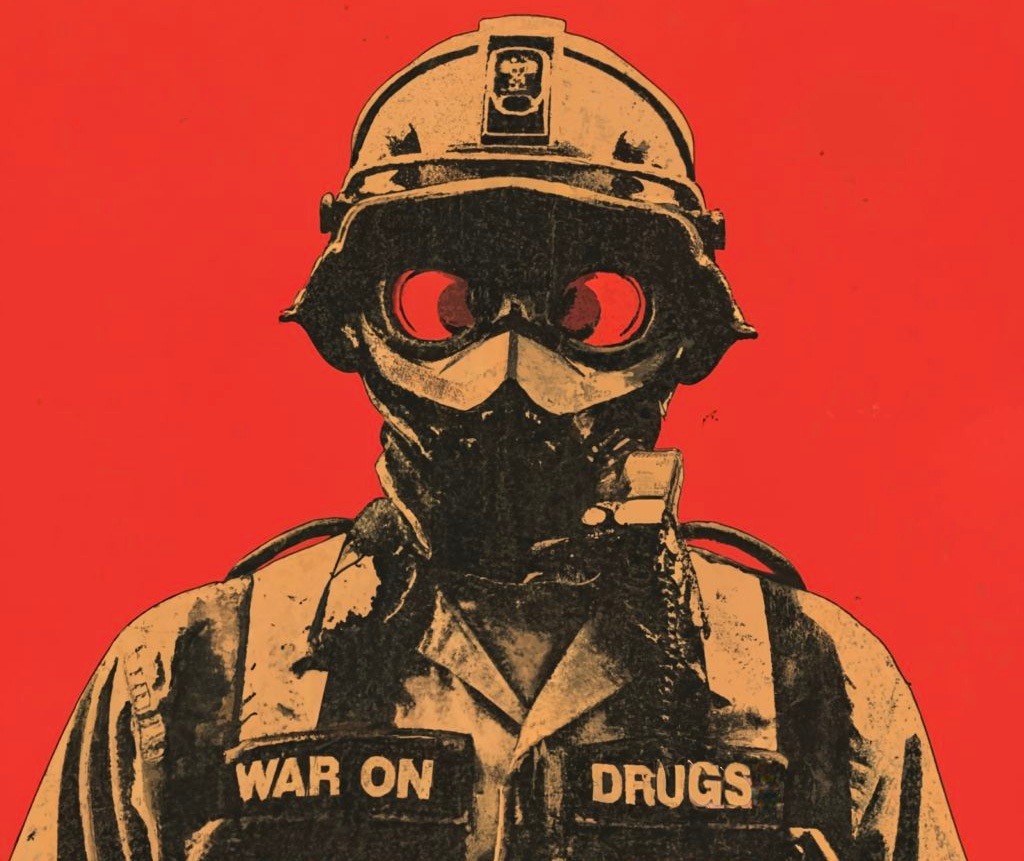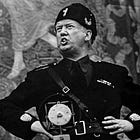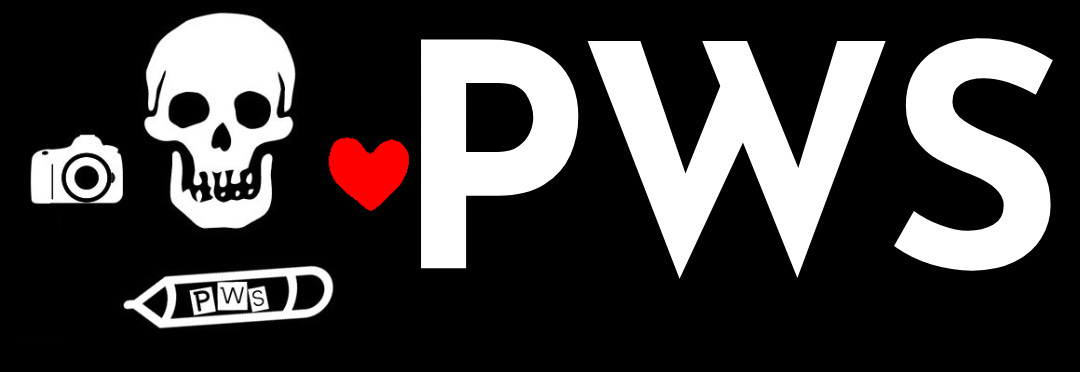Trump’s ‘War on Drugs’ comes to Colombia: and for Colombians as well
Multiple Colombian citizens have been bombed by the US. Trump ends all aid as Petro goes on the offensive

“Petro Gustavo is an illegal drug dealer,” shouted Trump on Sunday morning through his Truth Social social media account.” He claimed that the Colombian President is causing “death, destruction, and havok (sic),” over his lack of action in the ‘War on Drugs.’
The phrasing is curiously similar to justifications the US has used to deploy an armada off the coast of Venezuela. The US has justified bombings of fast boats in the Caribbean with claims that Venezuelan President Nicolas Maduro is the leader of a drug cartel — a dishonest claim that doesn’t provide context for how narcotrafficking in Venezuela works in practice.
Colombia was also recently decertified by the US as a reliable partner in the ‘War on Drugs,’ though at the time the US did not impose sanctions. That seems to have changed.
Trump seemed to announce an end to all US aid for Colombia, saying “THESE PAYMENTS OR ANY OTHER FORM OF PAYMENT, OR SUBSIDIES, WILL NO LONGER BE MADE TO COLUMBIA (sic).”
Whatever the focus in Washington, everyone in Colombia everyone is focused on revelations that the US has been killing Colombians. Colombia was the closest US ally in South America for decades, and a NATO signatory. That has changed completely since Trump took office in January.
The US has bombed multiple Colombian citizens
At least two Colombian citizens have been killed, and one critically wounded by US actions. The most recent, a survivor of an attack on a submersible, was expelled to Colombia in critical condition, where Petro has said he will face a full investigation. He has extensive head trauma and is unconscious, according to Colombian statements.
On Saturday, however, details emerged about a previous strike north of the country’s Atlantic coast that killed at least one fisherman, according to statements by both Petro and a victim’s family.
In an interview, Audenis Manjarres said that her cousin, Alejandro Carranza, never came home after he went fishing on September 14.
“He said goodbye on Sunday and now we don’t know anything about him,” Manjarres told public television network RTVC.
She called the killing an “assassination,” and said the US falsely accused him of being a drug trafficker.
Carranza’s family claims his engine failed while fishing, and he activated a distress signal as he drifted into international waters, hoping a boat would respond and rescue him. “He was there checking the broken engines, and they bombed him,” said Manjarres.
Hegseth claims US is also bombing ELN
On Sunday morning, US Secretary of War Pete Hegseth claimed that a US bombing of a third speedboat in international waters was operated by Colombian guerrilla group ELN.
“On October 17th…the Department of War conducted a lethal kinetic strike on a vessel affiliated with Ejército de Liberación Nacional (ELN,” he stated. “There were three male narco-terrorists aboard the vessel during the strike—which was conducted in international waters.”
He compared the victims with Al Qaeda, employing recurring rhetoric the administration has used in recent months to conflate the US ‘War on Terror’ with the US ‘War on Drugs.’
He offered no proof of his claims.
ELN is the largest remaining guerrilla group in Colombia. They more than doubled their territory under the presidency of Petro’s predecessor, Ivan Duque, and have continued to grow, though at a slower pace, under the administration of Petro.
In late December, the ELN conducted an offensive against other armed groups that left them as the hegemonic power in the region, as well as displaced thousands of civilians. The group was initially part of negotiations with the Colombian government to disarm peacefully, but they used unilateral ceasefires granted by Petro to consolidate their position in the regions they control.
Petro, who came to office offering ELN “Total Peace” has since declared that they have chosen “Total War” instead, and resumed military actions against the group.
A diplomatic crisis with regional implications
Colombia’s Foreign Ministry responded to the US threats, saying “Claims by the US that Petro is a ‘terrorist’ and ‘drug dealer’ are unfounded.” The Ministry called US actions and statements a “direct threat to national sovereignty” and “baseless.”
They further called US strikes on Colombian citizens an “illegal intervention” and suggested that Trump was more interested in affecting internal politics in Colombia than results against criminal organizations.
Colombia is just weeks away from presidential primary elections ahead of general elections next year.
The statements and actions by the US threaten not just to undermine relations between Bogota and Washington; however, they likely help Maduro. Unlike Petro, Maduro is not a democratically elected leader, but he will likely exploit the baseless claims made against Petro as an example of overreach by the US in Latin America.
Trump, Hegseth, and US Secretary of State Marco Rubio are charting a course of confrontation with Latin America, punishing those they dislike and rewarding those who make themselves subservient — such as the enormous fiscal package given to Javier Milei in Argentina to bail out his mismanagement, and political cover for human rights violations in El Salvador by Nayib Bukele.
And even as the US, correctly, criticizes Maduro for extrajudicial killings and arbitrary detentions, Trump is doing the same both domestically and internationally. The US has illustrated, clearly, that it has no moral high ground.
But what the US does still have is muscle, and it is looking increasingly likely they intend to use it.
You can also donate a one-time gift via “Buy Me a Coffee”. It only takes a few moments, and you can do so here.
And if you can’t do any of that, please do help us by sharing the piece! We don’t have billionaire PR teams either.




